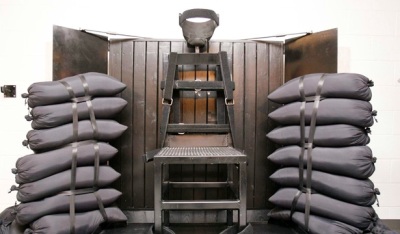Justice Anthony Kennedy on 5 Supreme Court Rulings: Prayer, Religious Liberty, Gay Marriage
Roper v. Simmons (2005)

In a 5-4 decision in which he was joined by Justices Stephen Breyer, Ruth Bader Ginsburg, John Paul Stevens, and David Souter, Kennedy wrote that the execution of minors was unconstitutional.
At the center of the case was Christopher Simmons, who in 1993 had been sentenced to death even though he was only 17 years old at the time.
Kennedy argued that the execution of minors violated the Eighth Amendment of the Constitution, which prohibits "cruel and unusual punishment."
"The prohibition against 'cruel and unusual punishments,' like other expansive language in the Constitution, must be interpreted according to its text, by considering history, tradition, and precedent, and with due regard for its purpose and function in the constitutional design," wrote Kennedy.
"To implement this framework we have established the propriety and affirmed the necessity of referring to 'the evolving standards of decency that mark the progress of a maturing society' to determine which punishments are so disproportionate as to be cruel and unusual."





















